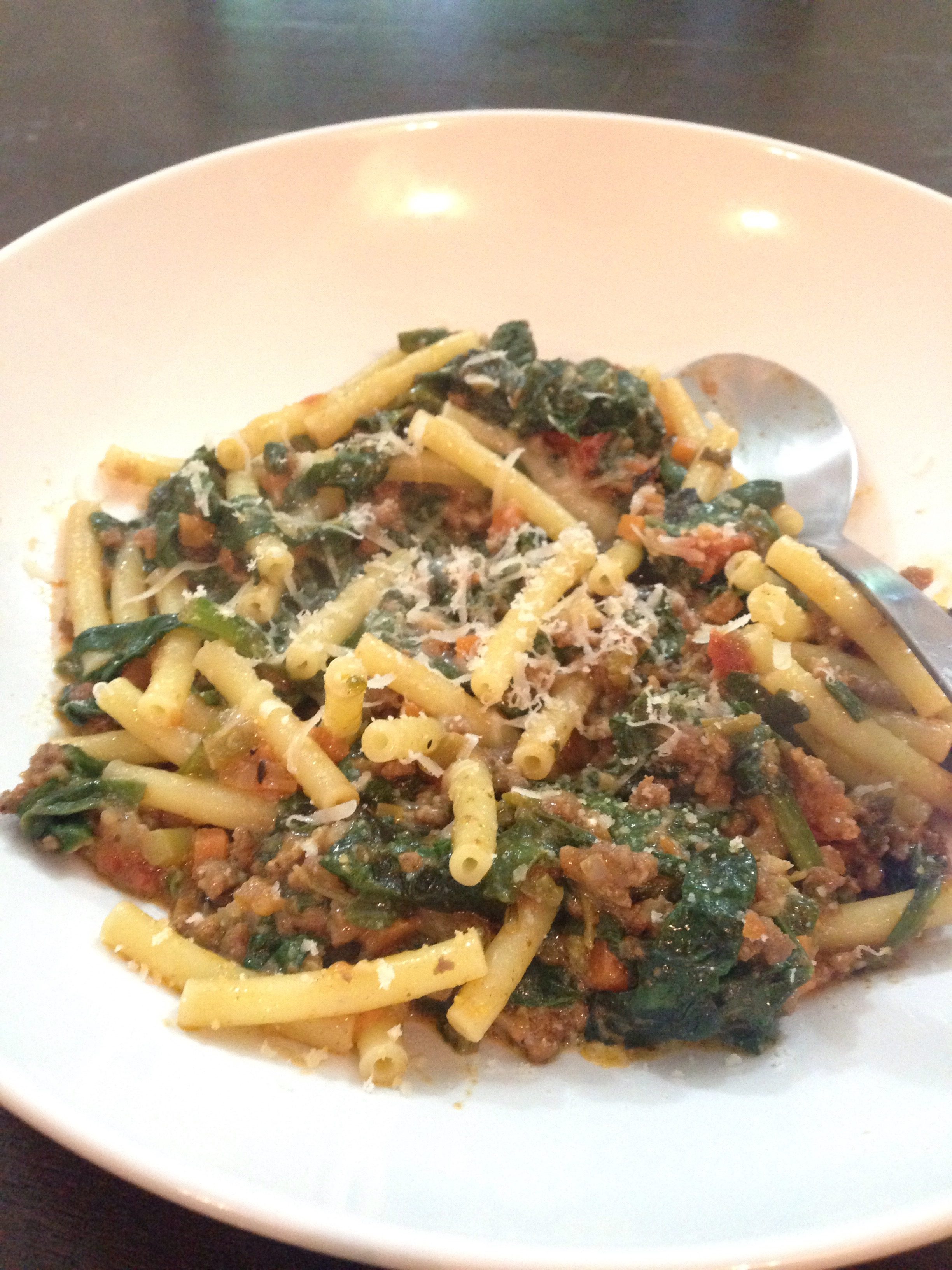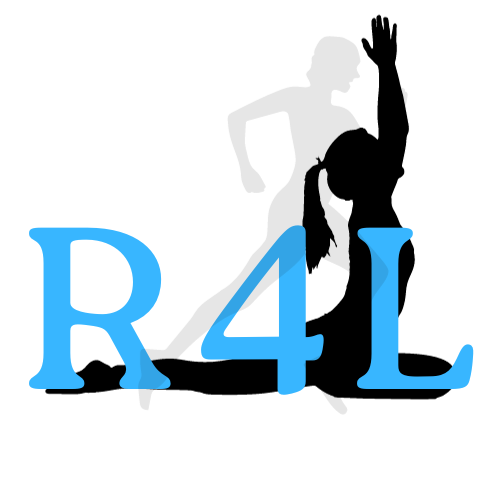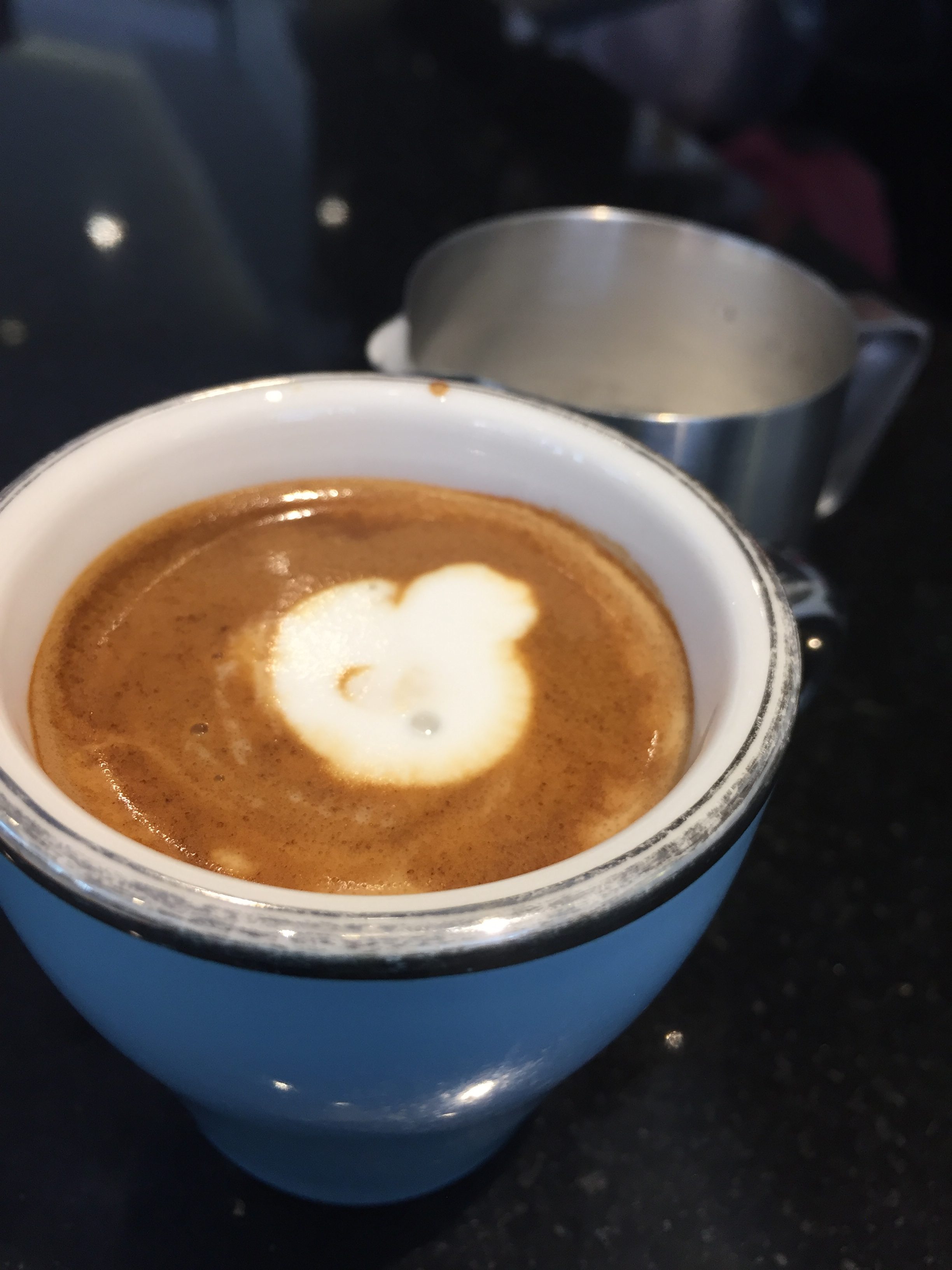It is upon us, race weekend. To many runners in Singapore and indeed to me the Standard Chartered Singapore Marathon is the highlight of the year. The culmination of the season for the year.
The past 16 weeks for most runners taking part in Standard Chartered Singapore Marathon, with a training plan, have trained their bodies to adapt to efficiently use glycogen stores and oxygen, recycle lactic acids and be stronger and faster for this weekend.
This high intensity training period would have used up considerable amounts of muscle glycogen. During this period, the body may not have time or opportunity to fully reload the glycogen levels. With tapering where mileage is considerably reduced, the last week before race will give the body ample opportunity to fully reload the glycogen levels.
Yesterday I wrote about tapering, where a runner would reduce the training intensity prior to race day. Today, I am writing about what a runner should eat during marathon week and during the race itself.
15 weeks of intensive training would have taken a big chunk out of your muscle glycogen. The daily intake of nutrition and fuel a runner would have taken in during these 15 weeks, would not have been enough to fully reload. Add to that, the high mileage and limited rest means that the enzymes that helps to convert carbohydrates to glycogen would not be working at optimum levels to fully reload the depleted glycogen. Thus eating right and tapering during the marathon week would help prepare a runner to be at the starting line, sufficiently fuelled and ready for the race.
There are 3 energy systems a body might use when undergoing activity: phoshagen system which is anaerobic, glycolysis also anaerobic and finally aerobic system.
Phosphagen system uses phosphagen as energy. Phosphagen is available in the cells and is the immediate source of energy utilised when there is a sudden demand of energy like when you are sprinting uphill. Glycolysis uses blood glucose as energy. This usually will fuel you for between 1-5 minutes of sustained activity before the body switches to the aerobic system. In the aerobic system carbohydrates, fats or proteins may be used as fuel. Your body will intuitively know which energy system to use.
During what most people would call carbo loading we are actually building up stores of energy, whether glycogen or fats to be used on race day. That is as simple as it gets.
Hydration and Electrolytes
One other aspect about race week nutrition is hydration and electrolytes.
Water does several things for your body. It regulates body temperature, lubricates joints and transports water soluble nutrients.If you’re not properly hydrated, your body can’t perform at its highest level. You may experience fatigue, muscle cramps, dizziness, or more serious symptoms.
These water soluble nutrients that your body needs are electrolytes. Electrolytes are charged species of minerals. In the body, these charged minerals regulate heartbeat and are involved intimately when muscles contract during running and activity. The major electrolytes found within the body include calcium, magnesium, potassium, sodium, phosphate and chloride.
So we therefore need to ensure we are well hydrated and electrolyted. Is that a word?
During race week, I suggest sipping fluids throughout the day. It could be just water. Better alternatives are; juice is good for the sugars and tea will be good for the antioxidants you need to help muscle repair. I also start to take in electrolytes either in isotonic drinks or capsules, 2 days prior to race day. There are many electrolyte tablets in the market, do read the labels and follow the instructions of the manufacturers.
Race week eats.
A well prepared runner with a holistic training programme would have had a nutrition plan over the entire training period. What I will address here is only the period of race week. The 7 days prior to race. The focus on race week would be on replenishing glycogen levels.
Benjamin Rapoport a 2:55 marathoner, who has PhD in engineering and an MD to boot recommends 7.7-8.8 grams of carbs per kg of body weight. Rapoport developed a formula to calculate the amount of carbohydrates a runner needs based on variables like age, resting heart rate, VO2 max, and predicted finishing time. Here for the calculator.
Monique Ryan, R.D., author of Sports Nutrition for Endurance Athletes suggests to avoid high-fat food like creamy sauces, cheese, butter, and oil and too much protein.
Good stuff then are: pasta, rice, breads, tortilla. My go to are pasta, rice and bread.

Fried rice paradise, Nasi goreng very nice

Meat sauce pasta with spinach
2 days before race day, I would start cutting down on fibres. Fibres are bulky and they add weight to the intestines. You do not want to be carrying excess baggage which you cannot use during the race. Less fibre will also mean you do not run the risk of having to stop mid race to clear the bowels.
On race day, take in a meal at least 2 hours before flag off. 1-1.5 grams of carb per kg of body weight. My pre-race meal is a hard boiled egg and a jam sandwich with an espresso.
Time to enjoy the race then. Will speak about post race recovery next week.


I have been checking out many of your posts and i must say pretty nice stuff. I will surely bookmark your blog.